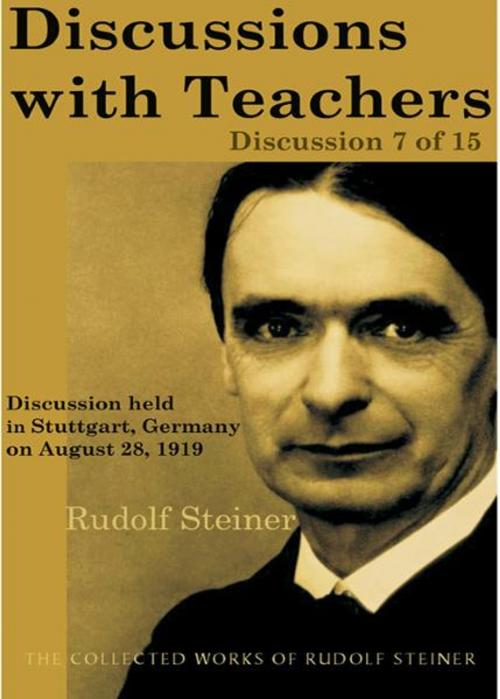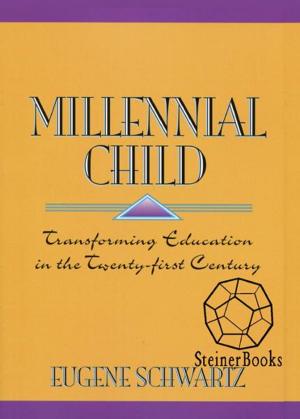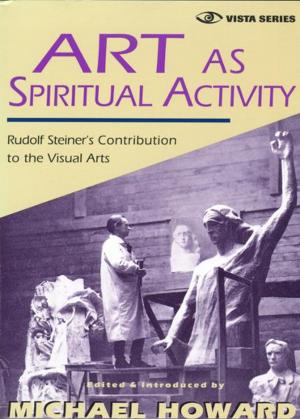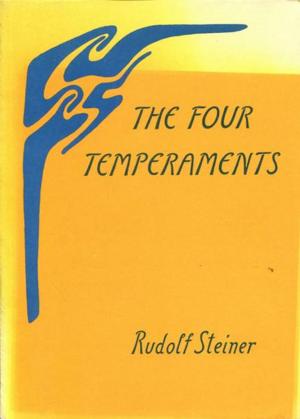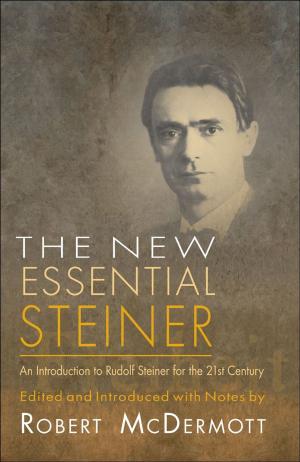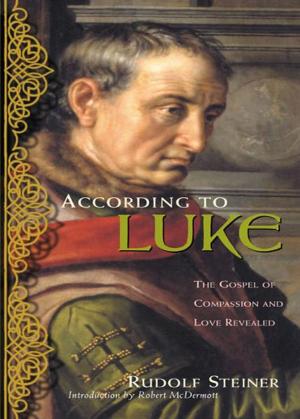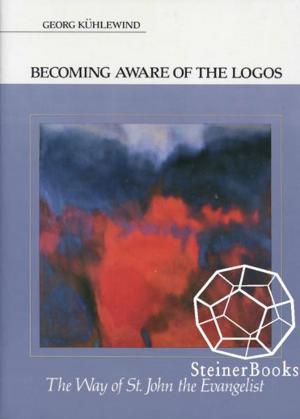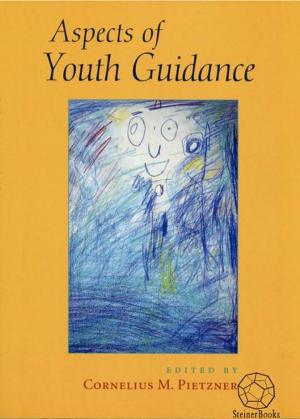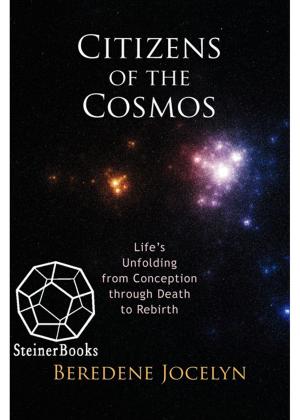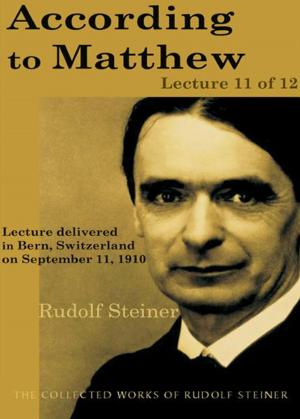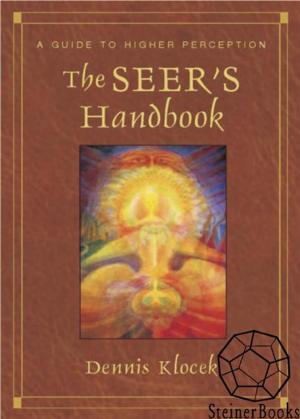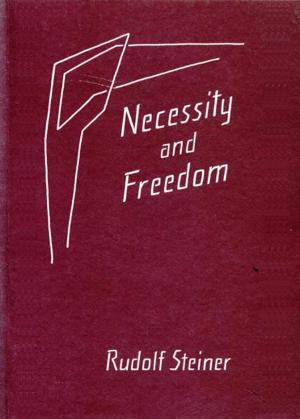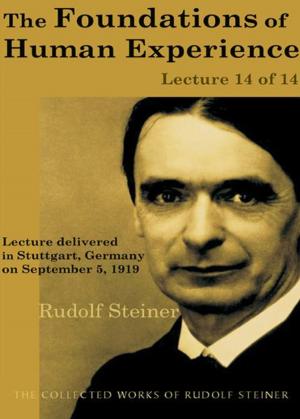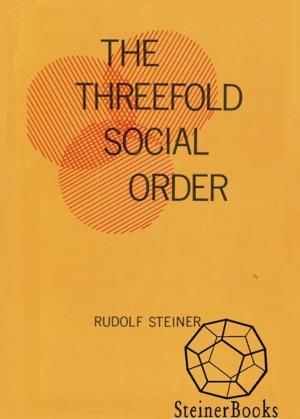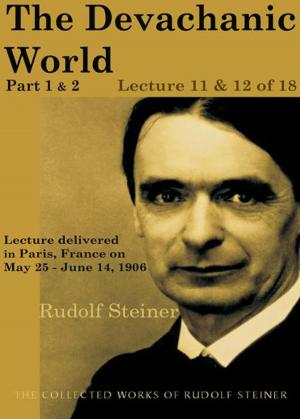Discussions with Teachers: Discussion 7 of 15
Nonfiction, Reference & Language, Education & Teaching, Educational Theory, Philosophy & Social Aspects| Author: | Rudolf Steiner | ISBN: | 9780880108706 |
| Publisher: | SteinerBooks | Publication: | March 1, 1997 |
| Imprint: | SteinerBooks, Collected Works 295 | Language: | English |
| Author: | Rudolf Steiner |
| ISBN: | 9780880108706 |
| Publisher: | SteinerBooks |
| Publication: | March 1, 1997 |
| Imprint: | SteinerBooks, Collected Works 295 |
| Language: | English |
This lecture is part of the collection "Discussions with Teachers" by Rudolf Steiner. Steiner (1861-1925) was an Austrian philosopher, social reformer, architect, and esotericist. He gained initial recognition as a literary critic and cultural philosopher. At the beginning of the 20th century, he founded a spiritual movement, Anthroposophy. He is considered the father of Waldorf education, biodynamic agriculture, anthroposophical medicine and spiritual science. The fable of the boy, the horse, and the bull. History of Europe from eleventh to seventeenth centuries. The Crusades and their unexpected results. Quarrels between Greeks and Franks. Impact of superior civilizations of the East and of Greek Christianity on Europe. Some historians considered. The goody-goody children. The entire Collected Works of Rudolf Steiner are available from SteinerBooks.
This lecture is part of the collection "Discussions with Teachers" by Rudolf Steiner. Steiner (1861-1925) was an Austrian philosopher, social reformer, architect, and esotericist. He gained initial recognition as a literary critic and cultural philosopher. At the beginning of the 20th century, he founded a spiritual movement, Anthroposophy. He is considered the father of Waldorf education, biodynamic agriculture, anthroposophical medicine and spiritual science. The fable of the boy, the horse, and the bull. History of Europe from eleventh to seventeenth centuries. The Crusades and their unexpected results. Quarrels between Greeks and Franks. Impact of superior civilizations of the East and of Greek Christianity on Europe. Some historians considered. The goody-goody children. The entire Collected Works of Rudolf Steiner are available from SteinerBooks.
